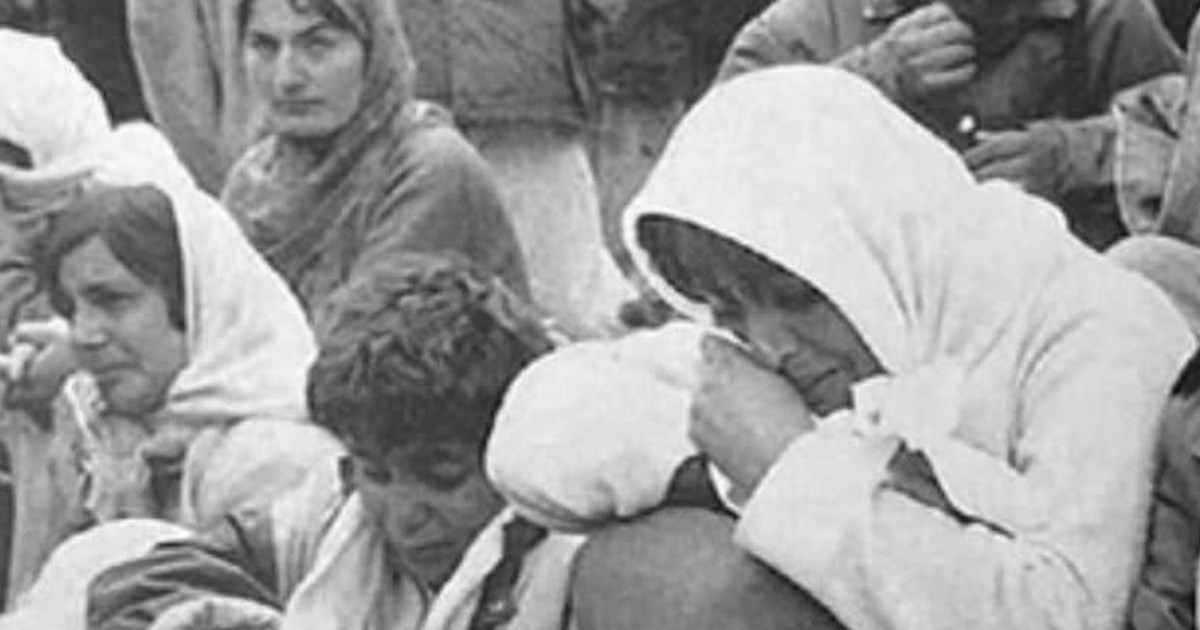OCIA’s Statement on the Occasion of the International Day of the Disappeared

Each year 30 August marks the International Day of the Disappeared. It is dedicated to highlighting the plight of those whose fate remains unknown due to war and conflict. To commemorate this occasion, the Office of the Coordinator for International Advocacy (OCIA) at the Kurdistan Regional Government (KRG) issues the following statement:
The Kurdistan Region has the highest number of enforced disappearances resulting from the infamous Anfal campaign against the Kurds, which resulted of the death of 182,000 innocent civilians in Garmian, Badinan, and the rest of Kurdistan including 8,000 from Barzan. The crimes committed by the so-called Islamic State (ISIS) against Yazidi Kurds led to the disappearance of thousands, many of whom remain unaccounted for.
In the Kurdistan Region, the cases of families of the victims of Anfal and the enforced disappeared have been legislated through the Missing Persons in Campaigns of Mass Extermination of the Kurdish People Act No. 3 of 1999, the Ministry of Martyrs and Anfal Affairs Act No. 8 of 2006, the Rights and Privileges of Relatives of Anfal Martyrs Act No. 9 of 2007, the Support Fund and Assistance to Relatives of Anfal Martyrs and Victims of Women's Health Act No. 37 of 2007, and the Genocide Sole Survivor Privileges Act No. 9 of 2015.
To determine the fate of the disappeared, the KRG is coordinating with the Iraqi National Commission for Missing Persons (ICMP) and the United Nations Committee on Enforced Disappearances (CED) in Geneva to investigate the cases of missing individuals during the reign of the former dictator Saddam Hussein and the fate of those who disappeared since 2014 following the assaults by ISIS.
The ninth cabinet of the KRG is committed to supporting the families of the victims through the allocation of IQD 19.5 billion for their education. The fund covers the families of martyrs, Anfal victims, and those imprisoned for political reasons under Hussein’s al-Ba’ath regime. The KRG provided 11,141 plots of land to the relatives of the victims and provided 200 apartments, 375 houses, and 5,500 plots of land according to Directives No. 9 of 2015. Currently, 361 individuals are officially recognised as sole survivors of genocide.
The issue of recognition of these cases as genocide has been addressed and decided in court, including the Anfal campaign, chemical attacks, and attacks on the Feyli Kurds. The Iraqi Supreme Court has officially recognised these as genocide. However, the families of the victims have not yet received any compensation. We urge the Iraqi federal government to fulfil its responsibility in delivering justice to the victims and to provide rightful compensation for their families.
Office of the Coordinator of International Advocacy
Kurdistan Regional Government
30 August 2024
